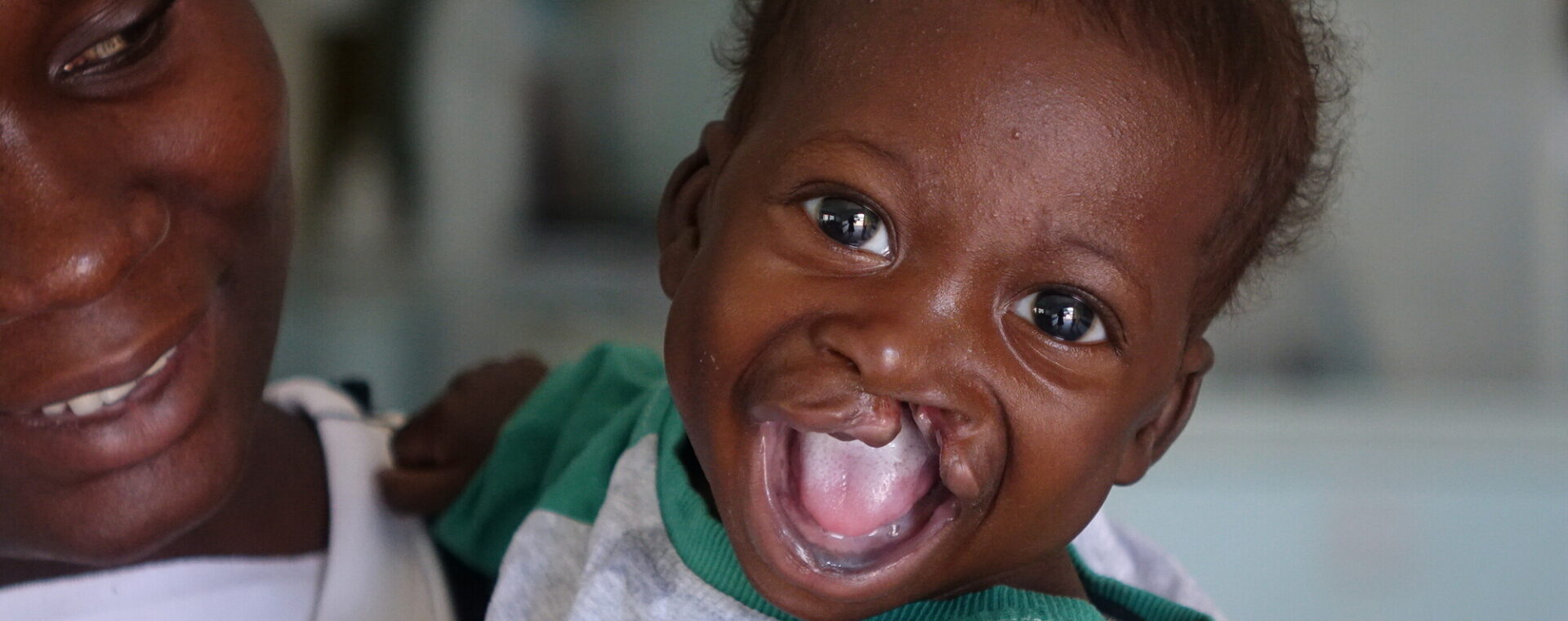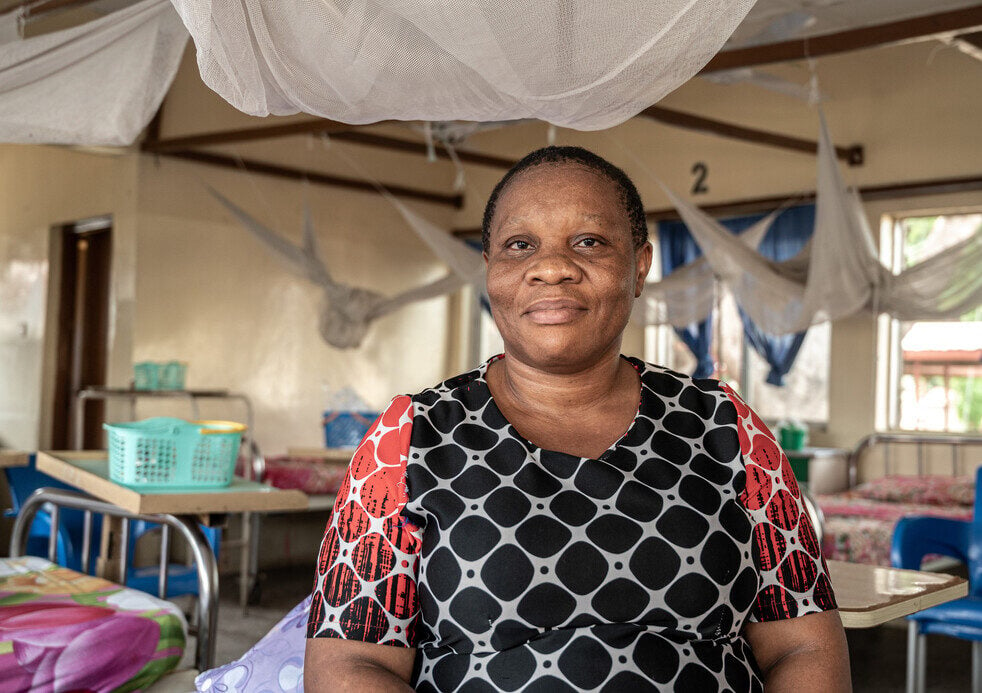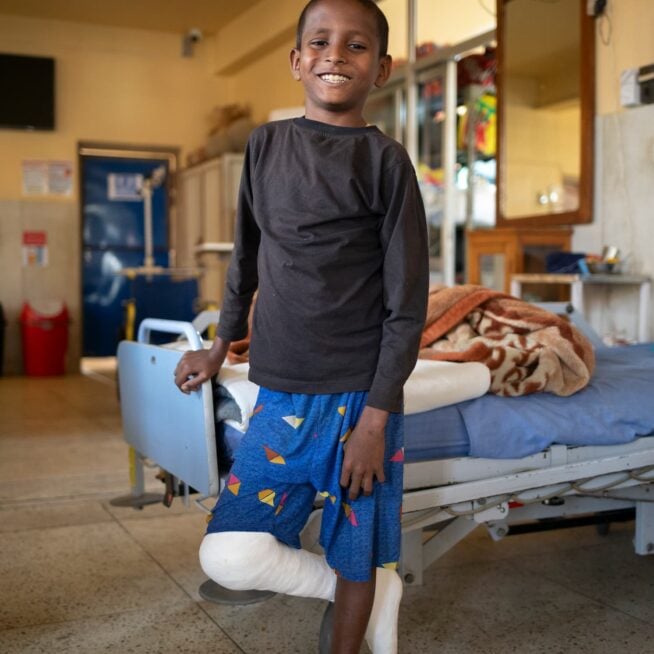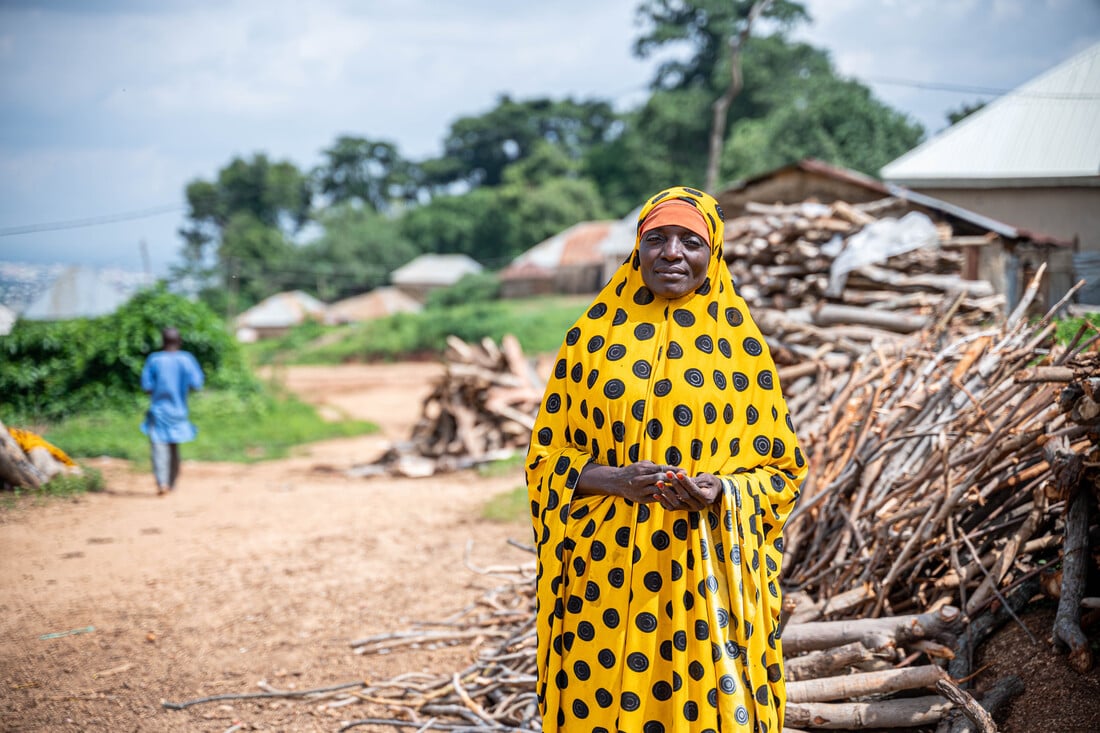More than a billion people worldwide have a disability, and a staggering 80% live in low-and middle-income countries.
We work in some of the world’s poorest places to prevent and treat conditions that lead to disability, and enable people with disabilities to access the medical care that they need.



